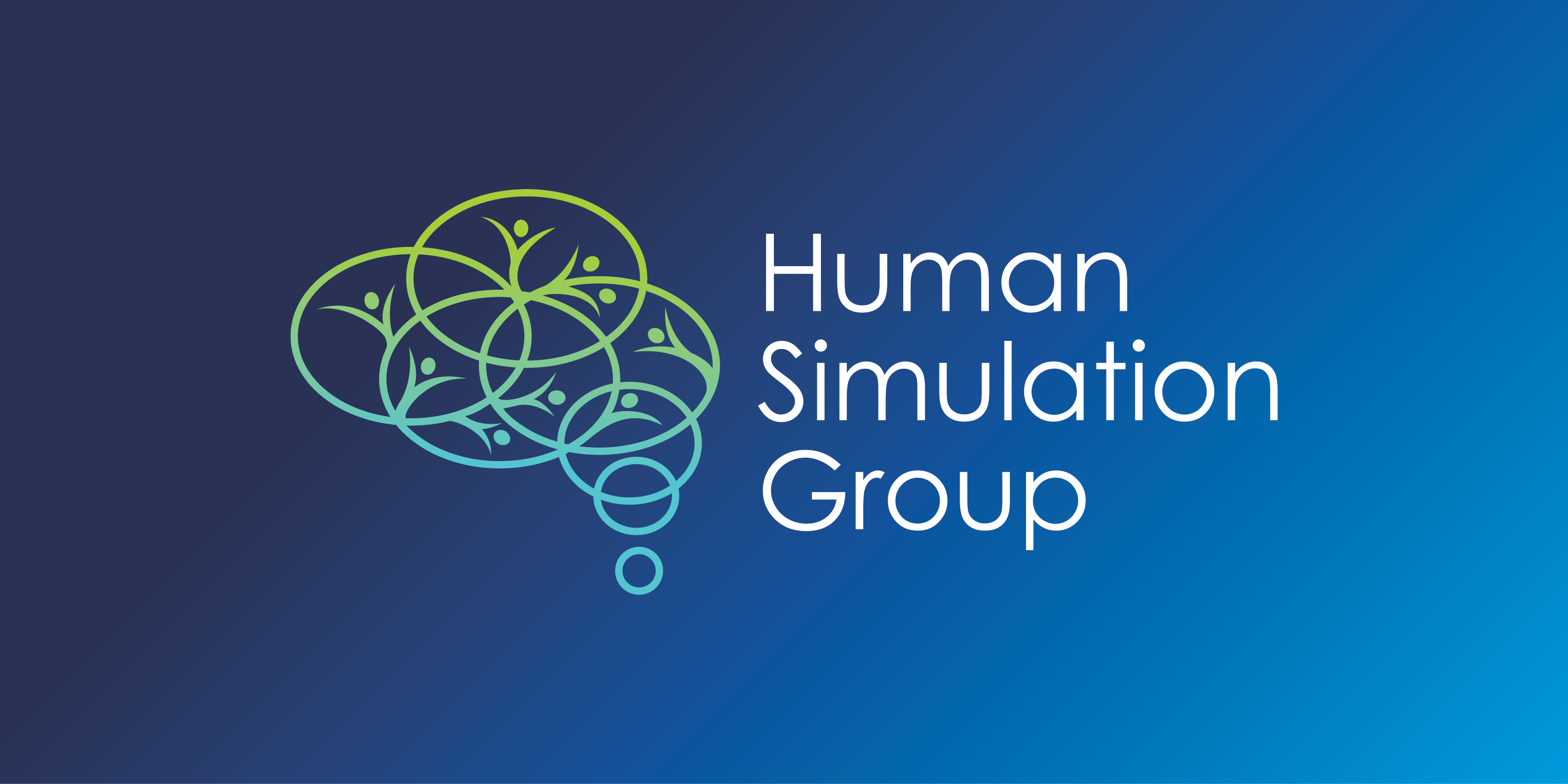
The Artificial University: A Decision-Support Tool for Operating Universities in the COVID-19 Era
A number of universities with the requisite resources and personnel are building bespoke simulations to help guide policy-level decisions about operating under COVID-19 conditions. Such simulations have access to confidential data but the research can’t be published or shared. On the other end of the spectrum are one-size-fits-all sources of advice, which can’t take account of the hard facts that universities operate in different contexts with different measures of what counts as success. Many universities can’t shut down football for short-term revenue and long-term fund-raising reasons, and centralized contact tracing would be a perilous venture in a university with privacy-conscious students, faculty, and staff. The Artificial University (TAU) facilitates the evaluation of intervention plans using multiple metrics, generates insights to inform policy decisions, and produces visualizations that help to communicate…


